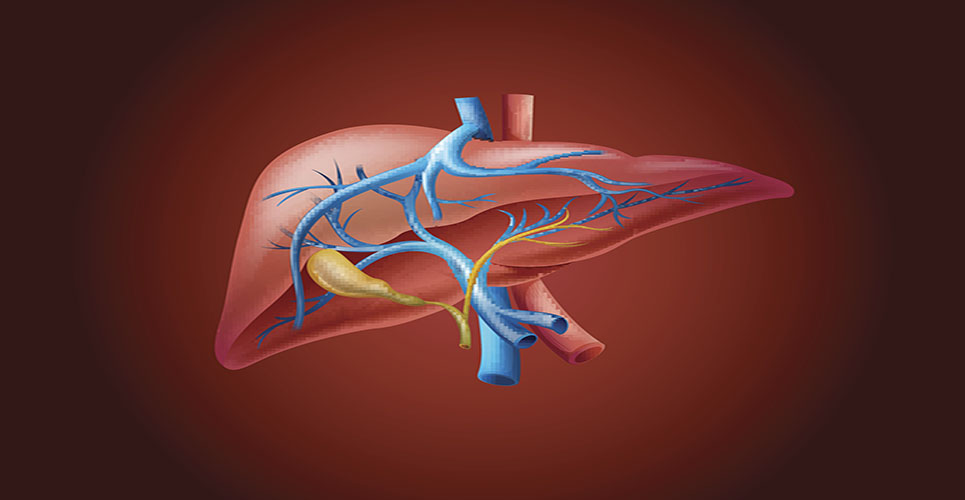teaser
An experimental hepatitis C drug with a cure rate of around 75% could revolutionise treatment of the disease, scientists have claimed.
A late-stage Phase III study of telaprevir, made by Vertex Pharmaceuticals, showed that three-quarters of patients put on a 12-week regimen, followed by either 12 or 36 weeks of standard treatment, achieved a sustained virologic response (SVR), which is tantamount to a cure.
The safety and tolerability profile of telaprevir in the ADVANCE trial was consistent with the profile reported in Phase 2 studies, with an improvement in treatment discontinuation rates due to adverse events. Adverse events leading to discontinuation of all study drugs occurred in 6.9%, 7.7% and 3.6% of patients in the 12-week telaprevir-based arm, the 8-week telaprevir-based arm and the control arm, respectively.
“I think it is a bellwether day for hepatitis C drug development. It’s really impressive to see a 75% SVR rate in a Phase III pivotal trial,” said Sanford Bernstein analyst Geoffrey Porges.
Current treatments for the condition, such as interferon and ribavirin, offer between 40% and 50% cure rates, albeit with debilitating flu-like symptoms.
“The ADVANCE results confirm findings seen in earlier trials of telaprevir and highlight that telaprevir-based combination regimens may increase viral eradication rates and shorten treatment time for many patients,” said Ira Jacobson, Chief of the Division of Gastroenterology and Hepatology, Weill Cornell Medical College, and an Investigator for the ADVANCE trial.
Several pharmaceutical companies, including Merck & Co, are working on next generation hepatitis C drugs.
Their long-term aim is to eliminate the need for products like interferon.
Copyright Press Association 2010

